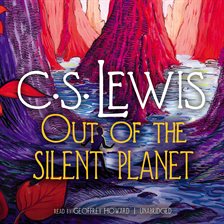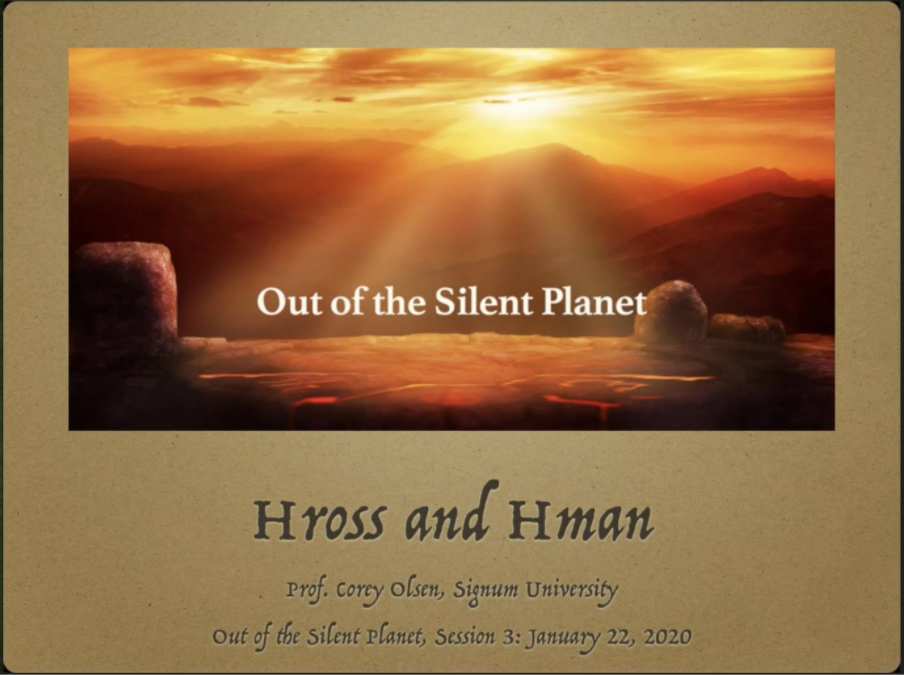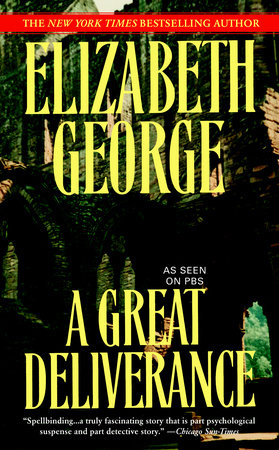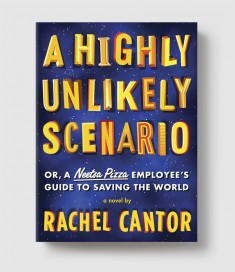A Walk in the Woods  by Bill Bryson
by Bill Bryson
3 out of 5 stars
Read in August 2013 for the Stranger than Fiction book club sponsored by the Kansas City Public Library
Brief Summary: Stretching from Georgia to Maine, the Appalachian Trail offers some of America’s most breathtaking scenery. After living for many years in England, Bill Bryson moved back to the United States and decided to reacquaint himself with his country by taking to this uninterrupted “hiker’s highway.” Before long, Bryson and his infamous walking companion, Stephen Katz, are stocking up on insulated long johns, noodles and manuals for avoiding bear attacks as they prepare to set off on a walk that is both amusingly ill-conceived and surprisingly adventurous. John Muir, Henry David Thoreau, and Peter Jenkins never took a hike like this. A Walk in the Woods showcases Bryson at the height of his comic powers. Meeting up with characters such as Beulah and her fearsome husband, “Bubba T. Flubba,” readers risk snakebite and hantavirus to trudge through swollen rivers, traipse up mountain steps, and develop a new reverence for cream sodas and hot showers. But Bryson also uses his acute powers of observation to conjure a poignant backdrop of silent forests and sparkling lakes, thereby making a gentle but unforgettable plea for the ecological treasures we are in danger of losing. Fresh, illuminating, and uproariously funny, A Walk in the Woods is travel writing at its very best.
Notes from Discussion Group:
Our leader, Richard, began our discussion by noting Bryson’s book made a good summer read and was definitely lighter than last month’s tome on Lewis and Clark’s expedition. His first question asked if any of us had read any other book by Bryson. None of us had, so Richard assured us that many of Bryson’s books are humorous.
His next question asked us if any of us had ever hiked before. Richard had and at least one or two other people had hiked. One reader even brought photos from their hike on the Appalachian Trail (AT). We observed that deciding to hike the AT was a major undertaking for an amateur hiker. We were curious if Bryson received a grant or other remuneration as an incentive to hike the trail. The author is quite a prolific write, so it’s not inconceivable. Richard mentioned that after A Walk in the Woods was published, Bryson received some criticism because he did not finish hiking the trail.
How did their treatment of Mary Ellen make you feel?
- Many of us didn’t think they should have left her like they did
- The talkative third wheel
- Could have left her in a more populated area
- She was an adult and knew the risks of hiking alone
We discussed the criticisms of Bryson’s depiction of southerners, specifically mentioning the incident with the Trans Am and 3/4 empty bottle of Wild Turkey. One reader spent much of the hour searching for a paragraph that denigrated Georgia or Georgians, but she never did locate it. I didn’t have an ebook edition so I couldn’t do a search through the text. Bryson also poked (or slammed) Thoreau, which seems harsh coming from an author and a New Englander.
Why did Katz join the hike?
- desperate
- Running from life/debts
Did you like the style, where the author provides non-narrative bits?
- history
- conservation
- research
- roads built by the Forestry Department
I liked the non-narrative bits and noted to the group that this seems to be a ‘trend’ in non-fiction, at least all the non-fiction I’ve been reading and/or listening to for the last year or so.
Bryson wasn’t your typical hiker. He didn’t really appreciate nature. From comments from other hikers in the group, most hikers hike to experience the beauty of nature and wildlife. Bryson, on the other hand, seemed to approach hiking the AT as something to check off a list. Our leader read this section out loud to the group as an example:
Life takes on a neat simplicity, too. Time ceases to have any meaning. When it is dark, you go to bed, and when it is light again you get up, and everything in between is just in between. It’s quite wonderful, really.
You have no engagements, commitments, obligations, or duties; no special ambitions and only the smallest, least complicated of wants; you exist in a tranquil tedium, serenely beyond the reach of exasperation, “far removed from the seats of strife,” as the early explorer and botanist William Bartram put it. All that is required of you is a willingness to trudge.
Tranquil tedium quote.
Somewhat of a conflicted statement. Yet, Bryson and Katz had their ‘Come to Jesus’ moment in Maine when they decided to ‘stop pretending we are mountain men when we are not.’
One of our readers vacationed on the beach and would often laugh out loud while reading. Her friends insisted that she share what was so funny, so she ended up reading nearly the entire book out loud while sunning near the surf.
Did it bother you that they only completed 870 miles (39%) of the AT?
That distance is equivalent to walking from the Country Club Plaza to Buffalo, New York! Still, it bothered me, and my husband, that he didn’t finish the trail.
Would you read more of Bryson’s books?
Our general consensus was yes. Suggested readings included A Short History of the Earth and At Home, a history of the rooms in your house.
Interesting Tidbits for Further Reading or Viewing:
Reader’s Favorite Outtakes:
Our leader’s favorite bit involved the shoe lace incident with the yuppy campers.
Another reader or two got a kick out of the author poking fun at southerners.
My favorite bit was when Katz drug his bulk and baggage upstairs the night before they embarked and Bryson looked at his wife and says ‘Don’t say anything.’
My husband thought the author’s obsession with all that could go wrong on the trail in the first part of the book provided the most laughs.
Personal Observations:
Neither my husband nor I thought this was a great book. Yes, it had it’s moments, but I consider it a weaker non-fiction offering than what we’ve read as a group so far this year. I’m also a bit perturbed in that I prefer to listen to non-fiction, rather than reading it (either printed or via ereader) and the audiobook I checked out from the library happened to be an abridged edition read by the author. I detest abridgments and I’m not overly fond of authors reading their own work. Bryson didn’t do a bad job of narration and could import appropriate dramatic and humorous overtones, but a professional voice actor he is not. I guess that’s less important in the non-fiction world, but diction and elocution are still a plus. My husband did not care for his voice at all, often characterizing it as a bit whiny.
The best parts of the book turned out to be the first and last sections, where both the author and Katz hiked together. The middle section drug on, almost torturing us, like that section of the AT in Pennsylvania. The last part, where Katz went missing, I felt, was very well written. Bryson almost had me convinced that Katz had committed suicide, but thankfully I was proved wrong.
I’m not sure I could recommend this book to other readers. As I’ve said before, non-fiction is not my normal reading experience. I joined this group to broaden my reading horizons. This venture down the AT with Bill Bryson wandered a bit, sometimes stumbled, but did shine occasionally. Hence, my three star rating. It was a good read, but not a great one.
Next Up for Stranger Than Fiction:
 About This Life: journeys on the threshold of memory by Barry Lopez
About This Life: journeys on the threshold of memory by Barry Lopez
Stranger Than Fiction
Sometimes humorous. Sometimes serious. Always nonfiction.
When: Every Fourth Wednesday at 7 p.m.
Where: Plaza Branch
Contact: Dick Henderson at 816.701.3481
 Welcome back to Mythgard Academy Session 4 of Out of the Silent Planet
Welcome back to Mythgard Academy Session 4 of Out of the Silent Planet 




 This month we try to solve the mystery of
This month we try to solve the mystery of 





